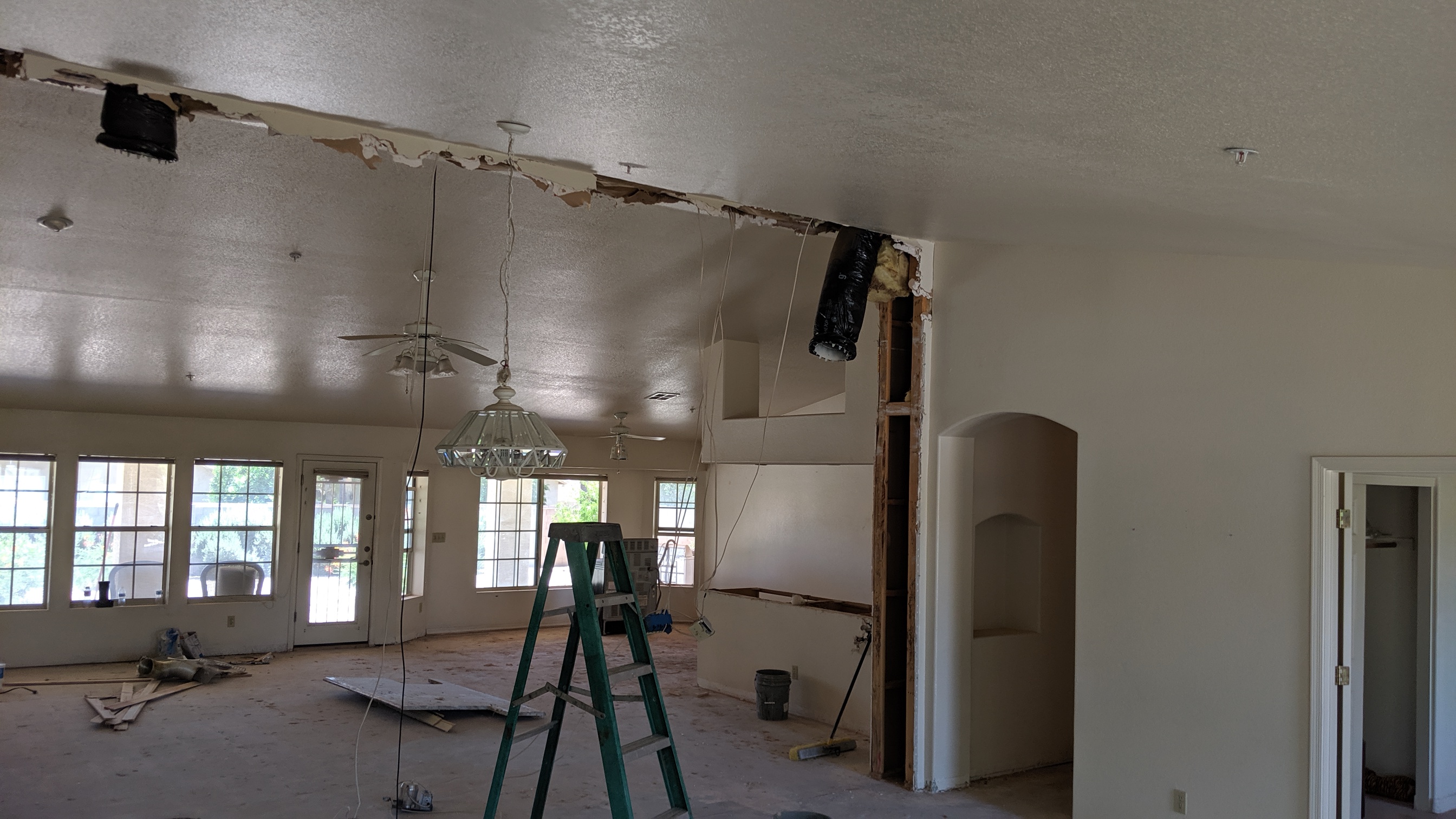There are myriad ways that a residential real estate deal can fall through. Some ways are preventable, others, not so much.
The main reason why a home deal falls through is not because of a buyer not qualifying for a loan but because the home they’re buying doesn’t qualify. For example if the home inspection period brought out irreconcilable problems that the buyer was not willing to accept or if it did not appraise for the purchase price.
In Arizona, our inspection period is known as the 10 day Due Diligence period. From the real estate professional’s viewpoint this can greatly benefit the buyer in the long run, even though it can be a bummer when it happens.
“Deferred maintenance manifests itself with an extensive laundry list of home inspection issues…by themselves small, but they can add up. When they do, we often see a buyer’s eyes glaze over as the inspector recites each finding.”
This week, however, I’ll discuss strategies for sellers to help prevent their deal from falling through, and next week I’ll look at buyer strategies.
The best strategy for sellers to prevent their home deal from falling through is to regularly maintain their home well – inside and out. Regular maintenance is key to few surprises from the inspection. Deferred maintenance manifests itself with an extensive laundry list of home inspection issues, most of which are by themselves small, but quickly add up. When that happens we often see a buyer’s eyes glaze over as the inspector recites each finding.
Homes which have been used as rentals are very prone to poor maintenance. Renters often don’t report problems to landlords. With that, small issues too often grow into large ones. If you’re not a hands-on kind of owner, an annual walk around with a handyman would be a good move. Roofs in particular should be inspected annually for cracked or missing tiles, cracked foam roofing, aged components, etc.
And, by the way, having a home warranty, especially if you’re a landlord is a product we recommend.
The two major problems which we see sabotage a deal, are roofs that need to be replaced and bad air conditioning units. These are usually the two priciest repair or replacement items on a home. Before you put a home on the market, have these items inspected and reasonable repairs made. Believe me, these are items to be dealt with before, not during a deal. When left to the home inspector’s report, a buyer or buyer’s agent will often resort to asking for everything on that inspection report.
Suppose the inspector states that the roof or AC is at the end of its useful life (code for replacement needed)? What should a seller do? First, we recommend that the seller not be at the home inspection. Sellers will often be defensive when hearing of issues about their home. They will also sometimes blurt out that they’ll take care of a certain finding. When that happens, the seller has obligated themselves to fixing it. Jonathan or I will often attend the inspection wrap-up on behalf of our seller. We know when to shut up, when to ask a question, or when to make an appropriate comment.
Future AC problems are often mitigated if the seller is providing a home warranty for a buyer. The roof is another matter. Some unreasonable buyers may ask the seller to put on a new roof. The spirit of compromise is usually the best route to go if replacement is mandated.
One of our best seller suggestions, is to consider having a pre-home inspection before putting the home on the market. Once the inspection is done, use it as a pre-sale checklist. If a major problem arises, you will have time to consider how to handle it without being pressure. And if you can take care of the inspection items beforehand, the next home inspection from the buyer will usually positively cement your home going to closing, rather than the real estate deal boneyard.
View Platinum Home Warranty’s top 10 tips for maintaining a desert home.
https://www.platinumhw.com/10-tips-for-maintaining-your-home-in-the-arizona-desert/

